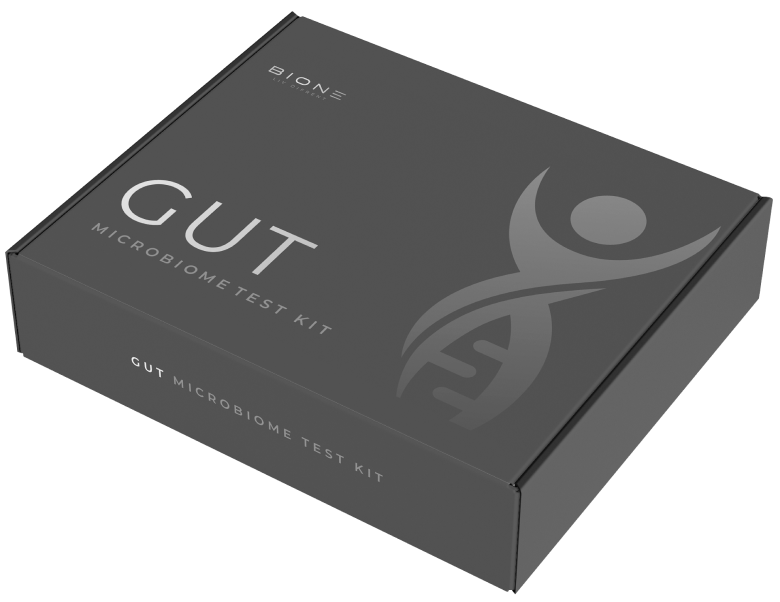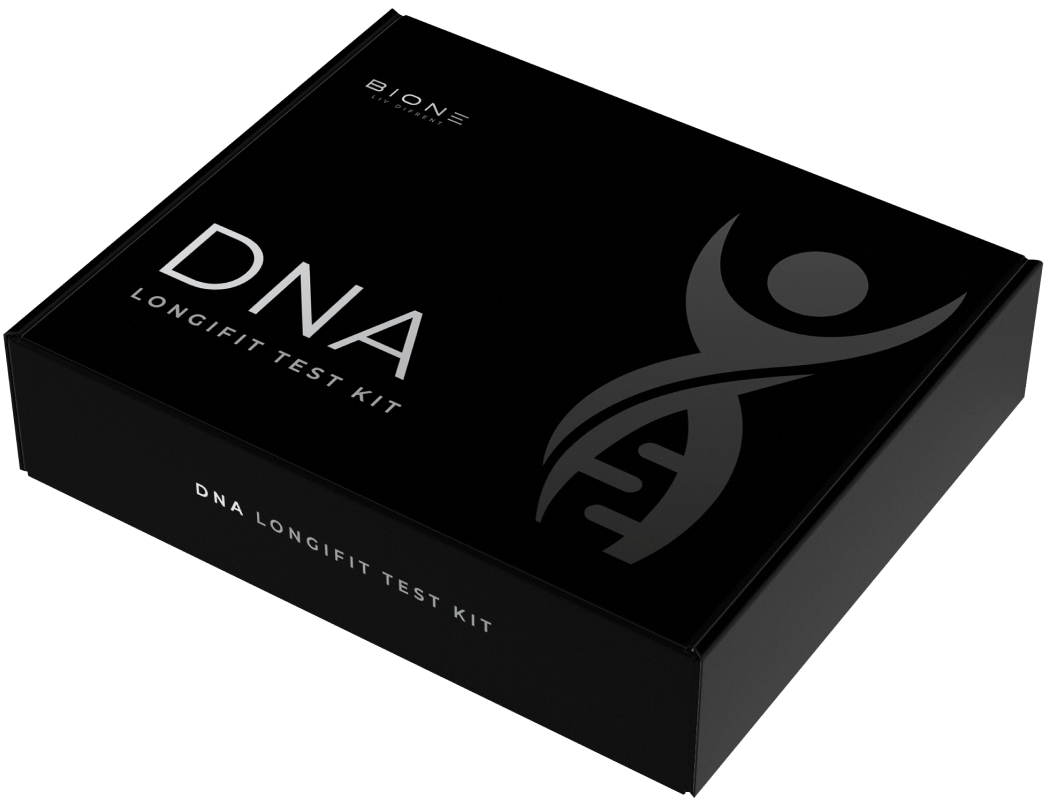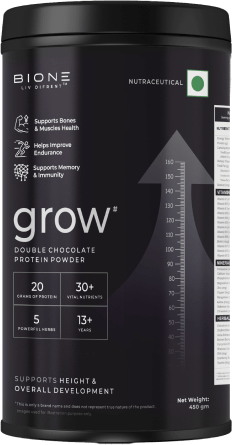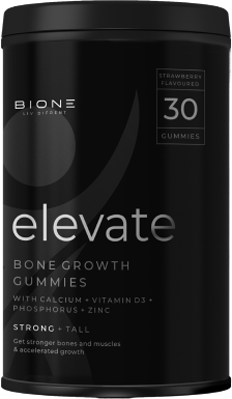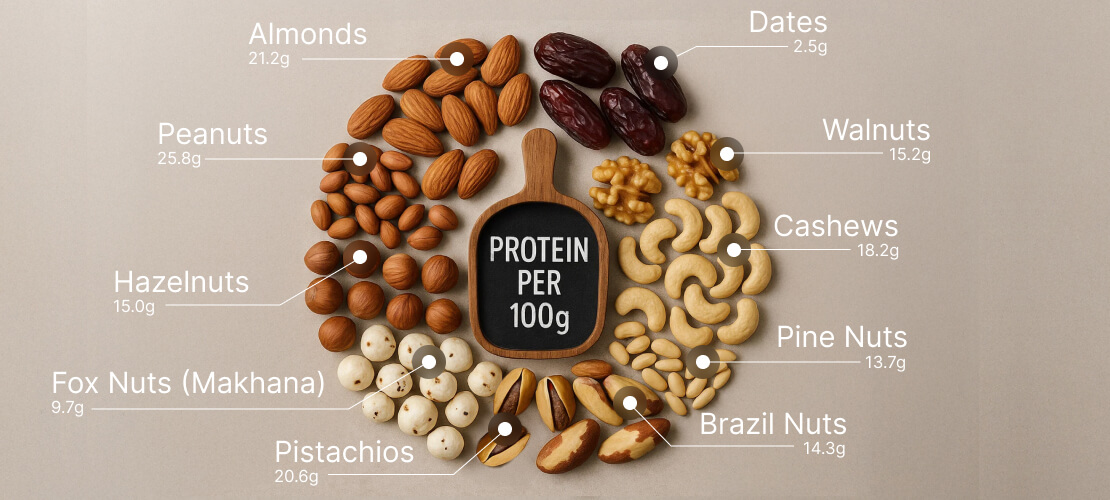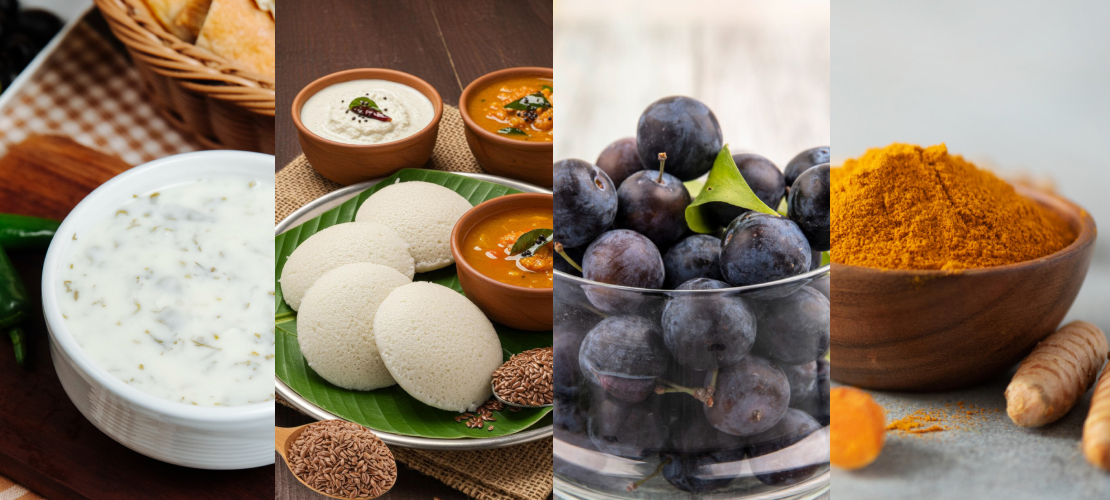When it comes to natural protein sources, dry fruits stand out as compact powerhouses of nutrition. Whether you’re aiming to build lean muscle, enhance your overall health, or increase your height, adding high-protein dry fruits to your diet can offer excellent benefits. These nutrient-dense snacks help repair body tissues and build muscle and contribute to bone growth, which is essential during adolescence and even into early adulthood.
In this comprehensive guide, we look at the best dry fruits that give you protein. You’ll find out how much protein is in 100 grams of each dry fruit and why they are good for your body. You’ll also find a detailed dry fruit protein chart to compare their nutritional content.
10 Highest Protein-Rich Dry Fruits
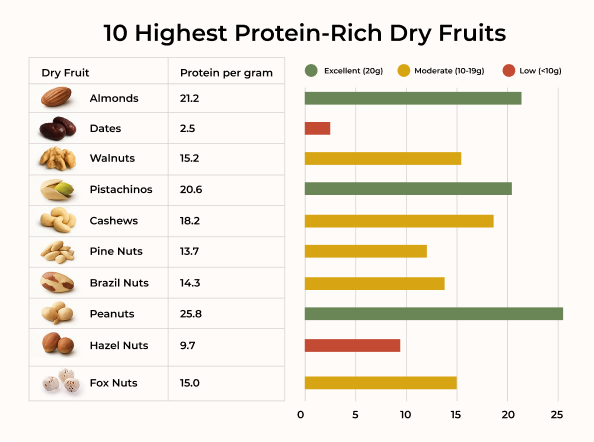
1. Almonds
How to eat: Soaked overnight, as almond butter, or roasted with a pinch of Himalayan salt.
2. Dates
Protein per 100g: 2.5g
How to eat: Stuff them with nuts, blend them into smoothies, or use them in protein energy balls.
3. Walnuts
Protein per 100g: 15.2g
How to eat: Crushed in breakfast bowls, baked into granola, or raw as a snack.
4. Pistachios
4. Pistachios
6. Pine Nuts
Protein per 100g: 13.7g
7. Brazil Nuts
8. Peanuts
Technically a legume, peanuts are commonly grouped with dry fruits and offer the highest protein per 100g in this list. Affordable and accessible, peanuts support muscle development, increase satiety, and are ideal for post-workout recovery. Rich in biotin, niacin, and folate, they support both energy production and nervous system function.
How to eat: Roasted, as peanut butter, or in chikkis and protein bars.
9. Hazelnuts
Protein per 100g: 15.0g
Hazelnuts are more than just a delightful addition to chocolates—they’re also packed with protein, vitamin E, and folate. These nutrients help in cellular repair, improve bone density, and support red blood cell production. They’re also rich in antioxidants, making them great for reducing oxidative stress in the body.
How to eat: In chocolate spreads, baked goods, or eaten plain.
10. Fox Nuts (Makhana)
Protein per 100g: 9.7g
How to eat: Roasted with ghee and herbs, as a breakfast cereal topping, or in curries.
Conclusion
Rather than relying solely on protein powders for growth, incorporating a mix of dry fruits with high protein such as almonds, pistachios, and peanuts can be a more sustainable and holistic approach. They are convenient, portable, and require no preparation making them perfect for busy schedules and active lifestyles.
So next time you’re reaching for a snack, consider swapping processed food for a mix of protein-rich foods for height growth — your body will thank you.
A Word from Bione
Your health journey starts with the right knowledge. Trust Bione to be your partner in well-being where ancient wisdom meets modern science.
